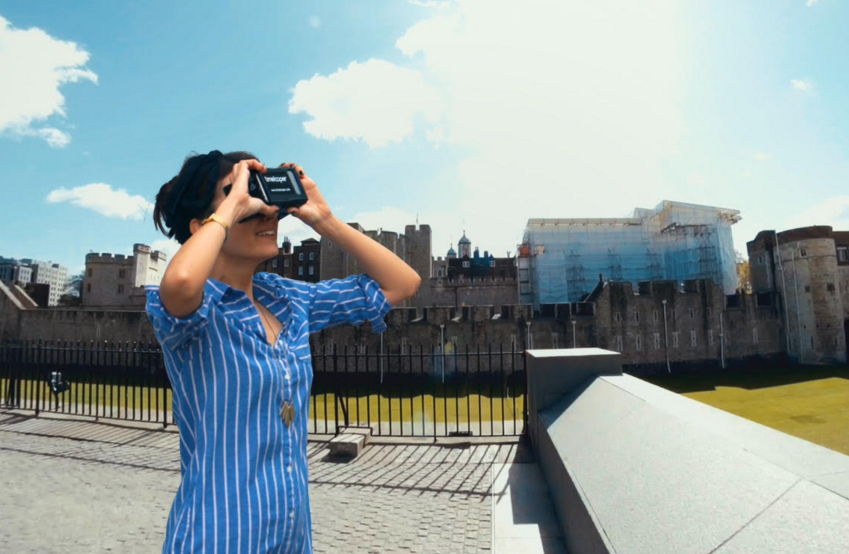
Virtual reality (VR) is probably the most amazing technology we have today. It’s incredible, breathtaking and exciting, but most important – it’s accessible. Continuous advancement in development of VR is enabling it to seamlessly transition into all spheres of life. One of those is tourism, one of the more logical and obvious industries to catch the VR wave.
With the help of 3D mapping software, virtual tourism has grown rapidly. Virtual tours are becoming more common because of their possibilities. You can virtually visit a museum, explore national parks, stroll down a beach – all from the comfort of your home. Already programs like Google Expeditions are used in education to provide virtual journeys to students.
Or Beam, a telepresence device also used to provide people with immobility or disabilities a chance to virtually tour museums. If done well, virtual reality tours almost feel like you’re really there. Naturally, VR cannot replicate the full experience of the real world, but does it help or hinder real world tourism?

According to HolidayMe, it won’t. Rather, by slowly transforming it, VR is poised to help real world tourism in more ways than one. The biggest advantage of VR will be helping consumers decide where to travel. This will especially be beneficial for countries and places that may not have a lot of name recognition, but have cultural and natural attractions that can persuade consumers to pick them as their destination.
Travel agents and agencies will also benefit from offering virtual try-before-you-buy experiences. These well prepared previews will give a sense of what you would experience if you visited the locations physically. They could also help with planning ahead your trip and making the most of your time. Another part where virtual reality is blending with real world tourism are, surprisingly, hotel rooms. Still at its start, hotels are slowly introducing VR devices in their rooms to offer more experiences to guests.
With VR, everything will become accessible online. Possibilities are vast and there is still lot to be presented. The main trick now is using VR as a lure, giving a taste of what destinations or locations have to offer. Of course, the trick is not to give it all away for free, otherwise consumers will spend their money elsewhere. Potential benefits from offering these immersive VR experiences depend on how quickly consumers adopt them. So far, things are looking good.

IntelligentHQ Your New Business Network.
IntelligentHQ is a Business network and an expert source for finance, capital markets and intelligence for thousands of global business professionals, startups, and companies.
We exist at the point of intersection between technology, social media, finance and innovation.
IntelligentHQ leverages innovation and scale of social digital technology, analytics, news and distribution to create an unparalleled, full digital medium and social business network spectrum.
IntelligentHQ is working hard, to become a trusted, and indispensable source of business news and analytics, within financial services and its associated supply chains and ecosystems.




























